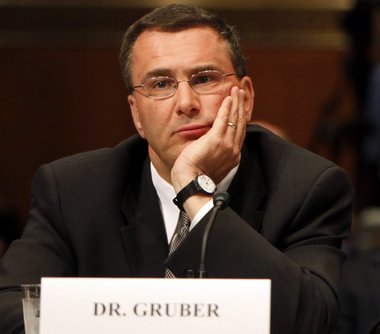 A June 2016 study from George Mason University’s Mercatus Center finds “that both scholars and politicians have largely overlooked a key contributor to earnings inequality: the role of rapidly increasing healthcare costs.” The study “analyzes the link between earnings inequality and rising healthcare costs using unpublished data from the Bureau of Labor Statistics. The study finds that the increasing cost of employer-provided healthcare benefits accounts for a significant portion of rising earnings inequality.[ref]It doesn’t help that premiums have been increasing under Obamacare.[/ref] The study urges policymakers interested in addressing earnings inequality to shift their focus from failed redistributive policies to policies aimed at lowering the cost of healthcare benefits.” The key findings:
A June 2016 study from George Mason University’s Mercatus Center finds “that both scholars and politicians have largely overlooked a key contributor to earnings inequality: the role of rapidly increasing healthcare costs.” The study “analyzes the link between earnings inequality and rising healthcare costs using unpublished data from the Bureau of Labor Statistics. The study finds that the increasing cost of employer-provided healthcare benefits accounts for a significant portion of rising earnings inequality.[ref]It doesn’t help that premiums have been increasing under Obamacare.[/ref] The study urges policymakers interested in addressing earnings inequality to shift their focus from failed redistributive policies to policies aimed at lowering the cost of healthcare benefits.” The key findings:
- Most previous analyses of inequality focused exclusively on earnings, ignoring total compensation (including healthcare benefits). This oversight significantly inflated the perceived severity of workers’ earnings inequality.
- While dollar earnings have grown significantly faster for higher-income workers than for lower-income workers, total compensation (including increasingly expensive healthcare benefits) has not.
- Surging healthcare costs have depressed the annual earnings growth rate for lower-paid, full-time workers four times as much as for the top 1 percent of workers.
- Redistributive policies do not address the root cause of the apparently increasing inequality, and may be counterproductive because of their negative implications for overall economic growth.
- The key to lessening earnings inequality is to reduce the rate of increase for healthcare costs.





